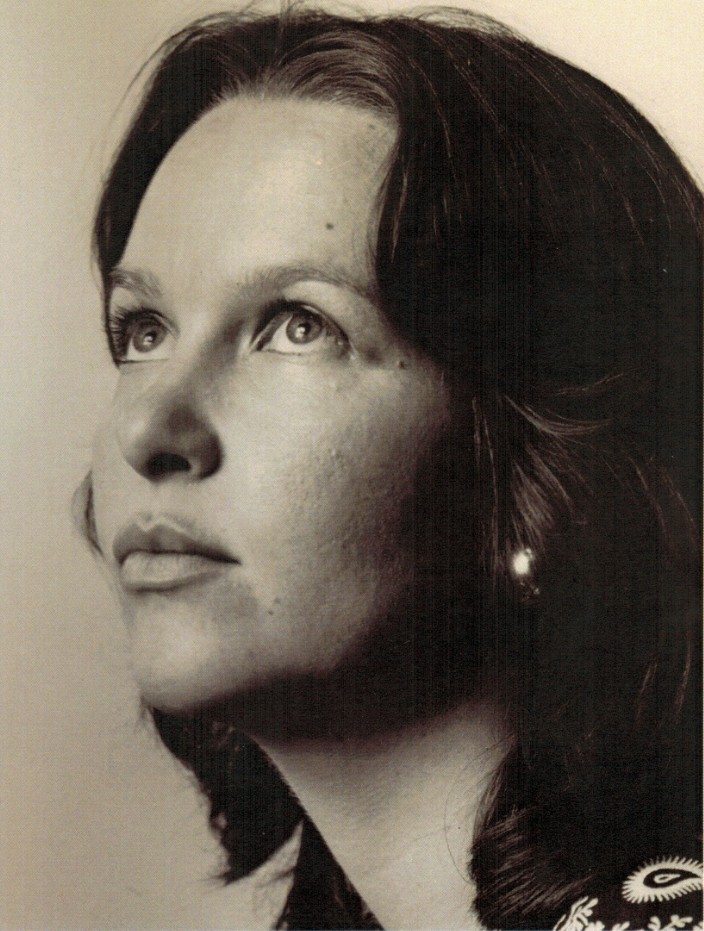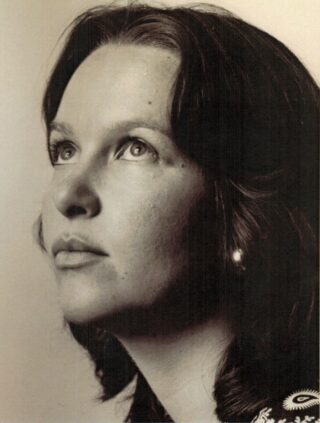- Entry type: Person
- Entry ID: AWE5934
Whelan, Dominica
- Her Honour

- Born 10 May 1954, Leeton, New South Wales, Australia
- Died 17 February 2016, Melbourne, Victoria, Australia
- Occupation Commissioner, Judge, Lawyer
Summary
Dominica Whelan was a Judge of the Federal Circuit Court, former Commissioner of Fair Work Australia, and former industrial officer, with lifelong commitments to feminism, labour law and equitable access to justice.
Details
Dominica Mary Whelan was born on 10 May 1954 in Leeton NSW, one of ten children. She completed her Bachelor of Arts and Law Degree at the University of New South Wales, one of only three women, together with Pat O’Shane and Sue Walpole, in her law school class. Dominica was awarded the Dean of the Law School scholarship for postgraduate studies and, in 1976-77, worked as the Associate to Justice Elizabeth Evatt, then Chief Judge of the Family Court of Australia, conducting research for the Royal Commission on Human Relationships and the Family Law Council. Also in 1977, Dominica was admitted as a Barrister to the Supreme Court of NSW.
In 1978, Dominica moved to Melbourne to take up a position as a tutor with the Faculty of Law at Monash University. She was also admitted that year as a Barrister and Solicitor of the Supreme Court of Victoria. At Monash University, as well as tutoring in Family and Constitutional Law, and teaching Professional Practice, Dominica designed, taught and assessed students in a new course, Law of Employment. She would later complete a Masters of Law in labour relations law at the University of Melbourne in 2002, and contribute to the Law Institute of Victoria’s specialist accreditation program in workplace relations law.
Equitable access to justice was a passionate lifelong commitment for Dominica, and concurrent with her teaching duties, she helped establish the Doveton Legal Service Cooperative. Between 1978 and 1980, she worked as a solicitor for the Fitzroy Legal Service.
In 1982, Dominica worked as an industrial research officer with the Australian Public Services Association, before commencing, in 1985, a position at the Australian Council of Trade Unions (ACTU) as an affirmative action officer. With the mainstreaming of family and affirmative action policies, Dominica moved into an industrial officer role, promoting affirmative action as part of a broader industrial relations agenda. She was, together with Jan Marsh and Jenny Acton, among the first women to establish themselves and succeed as industrial advocates. Dominica made an outstanding contribution to the development of the model clause for persons with disabilities to assist them to move into open employment, and played a role in assisting in the development of new standards under the Disability Discrimination Act. Dominica described her work on the introduction of a supported wage systems for workers with disabilities, and the high level of consensus achieved between employer and employee peak councils in this process, as among the proudest achievements of her time at the ACTU.
Concurrent with her work at the ACTU, Dominica held the following appointments:
- Commissioner of Comcare, with the Commission for the Safety, Rehabilitation and Compensation of Commonwealth Employees
- Member of Australia/China Council, 1989-94, participating in two delegations to China (one with Gough and Margaret Whitlam)
- Member, Social Security Advisory Council.
In 1995, Dominica was appointed as a member of the Australian Industrial Relations Commission (AIRC) and, from 2009, a Commissioner of Fair Work Australia. As a Commissioner, Dominica earned a reputation as an effective, fair and balanced decision-maker. She was a firm believer in litigation as a last resort, and was highly effective in alternative dispute resolution. During her time with the AIRC, from 2004-2006, she also chaired the Victorian Gender Pay Equity Working Party.
In 2010, Dominica accepted an invitation by the Attorney General to join the Federal Magistrates Court. When the institution was upgraded to a full Court, Dominica became a Judge of the Federal Circuit Court. She was highly respected as a Judge. With a reputation for being knowledgeable, hard-working, unfailingly polite but always in control, she inspired confidence in those who appeared before her. She served as a member of the Policy Advisory Committee, and also as a member of the Indigenous Access Committee, being a strong supporter of the Court’s Reconciliation Action Plan aimed at improving access to justice for Indigenous people.
Outside of the law, Dominica was actively involved in education and in the arts. From 1989-91, she was a member of Footscray Institute of Technology Council; and between 1993 and 2003, she chaired the Workplace Studies Centre Advisory Committee at Victoria University. From 1989-1992, she was chairperson of the Melbourne Fringe Festival. From 1994-97, she was a member of the Australia Council for the Arts; and from 2005-07, a director of the Melbourne Symphony Orchestra. She was also a member of the Collingwood Industrial Magpies, sponsors of Indigenous Australian Rules team, the Yuendumu Magpies.
Her Honour Judge Whelan died of cancer on 17 February 2016. She is survived by her partner Tony Bradford and their daughter Georgia. The Dominica Whelan Endowment, administered under the auspices of Victoria University, was established in her memory to support the delivery of accessible, affordable legal services to disadvantaged women, particularly Indigenous women.
Digital resources
Published resources
-
Site Exhibition
- Australian Women Lawyers as Active Citizens, http://www.womenaustralia.info/lawyers/biogs/AWE5934b.htm
